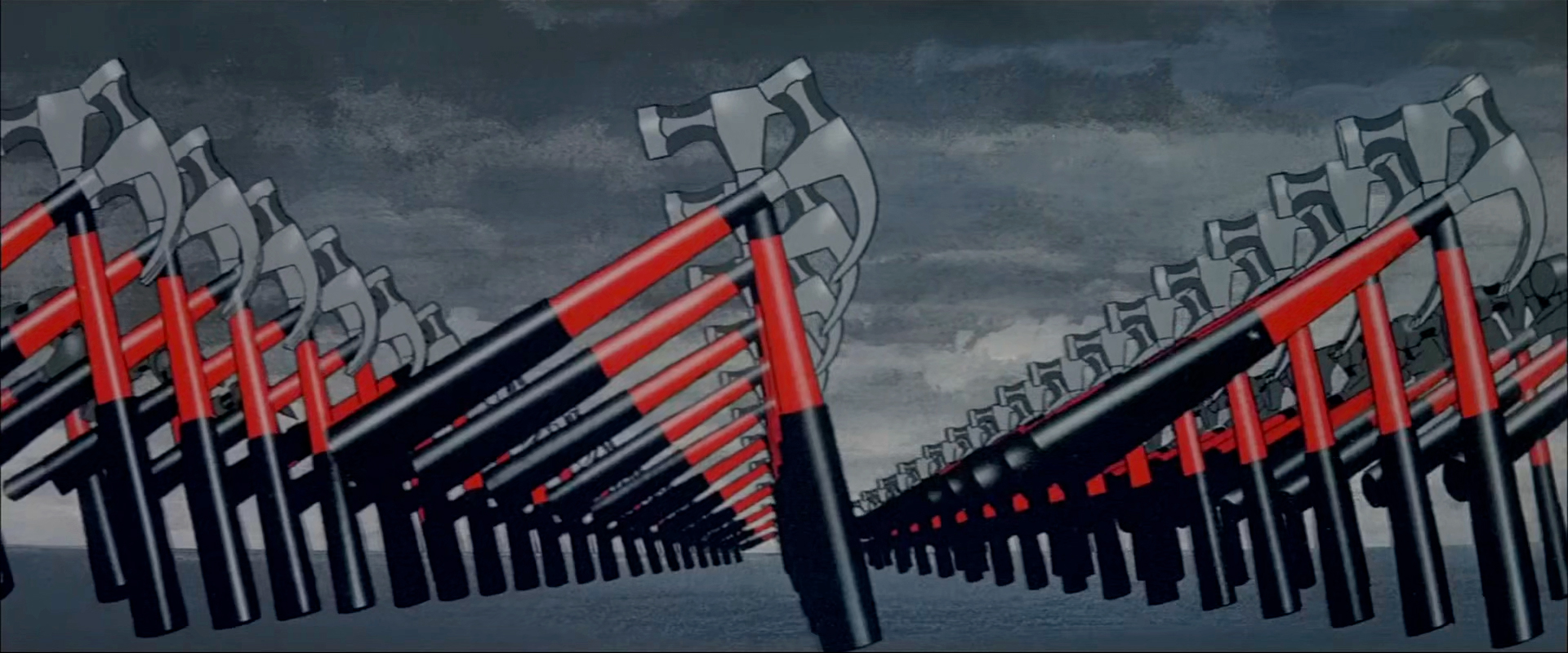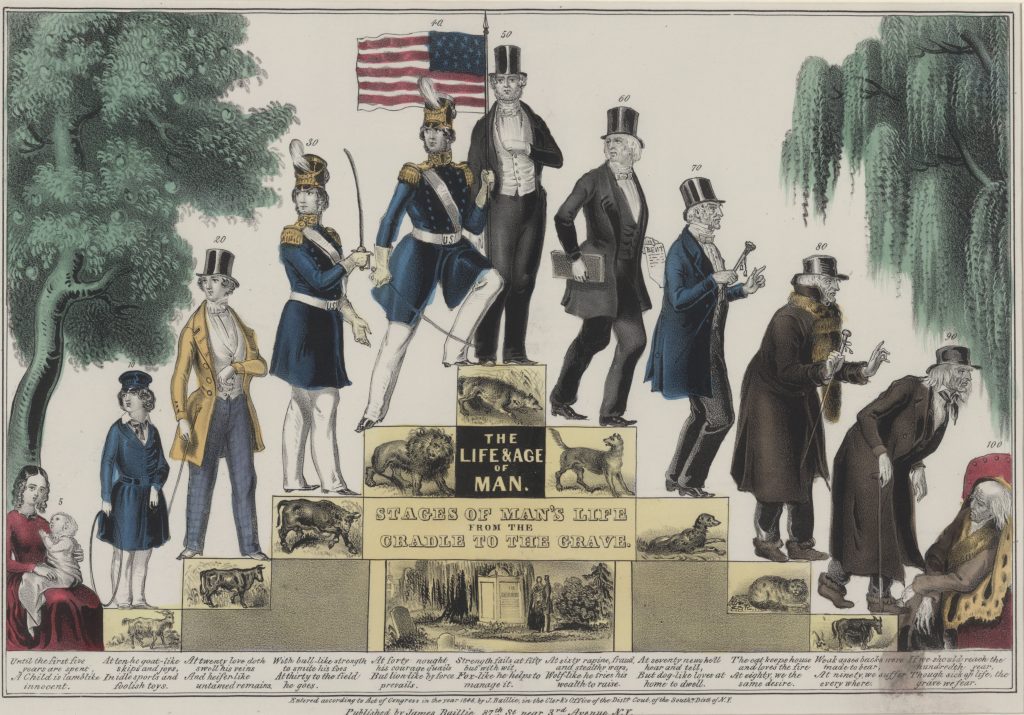 As all of you who have taken a look at this website, even the most causal one, will know, throughout my adult life I have been a scholar. And the one thing that is most characteristic of a scholarly text, as opposed to one that is not so, is the use of footnotes. I well remember the first time, in late 1965 or early 1966, when I was required to submit a seminar paper. My teachers made me look upon footnotes as if they were the gates to paradise. Nor, as I learnt both at the time and later, when I became a teacher myself, was I by any means the only one to see them in this way.
As all of you who have taken a look at this website, even the most causal one, will know, throughout my adult life I have been a scholar. And the one thing that is most characteristic of a scholarly text, as opposed to one that is not so, is the use of footnotes. I well remember the first time, in late 1965 or early 1966, when I was required to submit a seminar paper. My teachers made me look upon footnotes as if they were the gates to paradise. Nor, as I learnt both at the time and later, when I became a teacher myself, was I by any means the only one to see them in this way.
As a young student of the humanities, you learn is that footnotes are very important even though, to say the truth, not many people bother to read them. As a young student of the social sciences you also learn that footnotes are very important even though the kind of footnotes you are expected to put into your work is somewhat different. The difference is that historians care who wrote the sources they cite, where, when, and why. Social scientists often don’t. For them, (John Nobody, 2020) is no different from (Adam Smith, 1776). Nor does it matter whether the source they are quoting is (Aristotle, 350 B.C) or (Aristotle, 1999). Some of them, I suspect, do not even know that by the time the latest edition of his work came out its author had been dead for some twenty-three centuries.
What both disciplines have in common is that they use footnotes to certify that a given piece of work is, in fact, “scientific.” The more footnotes you have, the more “scientific” your work. I’ve also noticed that, the less is known about a subject or period, the larger the number of footnotes that attend the text dealing with them. I too, peppered my books with footnotes. Like many other young students I used to count them with considerable pride. Not only did I want to see how many I had, but I also wanted to know how many there were per page.
The best footnotes contain material that is “unpublished” or “archival.” Accordingly I loved writing things like “Captain von und zu Verschwind to Lieutenant Colonel Suchmir, 6.8.1941, OKH [Oberkommando des Heeres]/Genst.d.H [Generalstab des Heeres] /Org.Abt. [Organisationsabteilung] II, Nr. 10962/41, Gkds [Geheime Kommandosache], GMR [German Military Records] T-706/0001131.” Looking back, heaven knows where I found the patience. Before computers came to the rescue, each time you typed in a mistake you have to re-do the entire page.
Technology and War was the first of my books that did not have any footnotes. In part, this was because I wrote it on my new Apple IIe—which, since it did not have an automatic re-numbering command, turned the task of revision into a nightmare. In part, it was because the subject was too large. For each sentence it would have been possible to come up not with one reference but with twenty. As with the mythological hydra, each source only pointed the way to many others. Had I read everything available on the subject, the project would still have been going on today, thirty years after the book was published. As I said, instead of always searching for new sources my difficulty was how to decide which ninety percent of the available ones not to read.
Yet the above difficulties only formed part of the story and not necessarily the most important one. Years ago, in class, somebody who may have been a follower of Popper said that the purpose of studying history was to disprove myths. I answered that, in my opinion, that was wrong. To be sure, disproving myths is a fine occupation for young historians eager to hone their skills and make a name for themselves. In fact one of my own earliest published articles carried the subtitle, “the destruction of a legend.” But mature scholars should aim higher. Much higher. Instead of disproving myths others have created, they should try to produce work so good as to become myths. As, to provide just one example, Gibbon’s Decline and Fall of the Roman Empire did.
This line of thought explains why, at the age of forty-something. I was developing an obsession—one which, in retrospect, seems almost megalomaniac—with my books’ ability to withstand the proverbial hand of time. To the point where, dedicating Technology to Dvora, I did so eis aeona. To obtain an idea of how it was done, I spent considerable time and energy looking at some famous books and analyzing them for “eternality.” Not surprisingly, the precise nature of the latter quality escaped me then and continues to escape me today.
However, I did make some interesting discoveries. The most important one was that hardly any of them had footnotes. Thucydides has no footnotes. To pile insult on injury, he says that the speeches, which many think are the best part of his entire work, are for the most part pure invention. That should certainly make some of us reflect on the nature of historical writing. Polybius, Sallust, Caesar, Tacitus and Josephus do not have footnotes either. Nor do Augustine, Machiavelli, Locke, Voltaire, Rousseau, Carlyle, John Stuart Mill, Darwin, and, in my own field, Clausewitz. To say nothing of Nietzsche; he would have laughed at the idea. And Heine poked fun at it.
Probably the reason why these and so many others dispensed with footnotes was because they were not modern academics. Not being modern academics, they did not try to be “scientific.” They did not have to compete for tenure by having their work evaluated by a committee. One whose members, instead of reading it, count (or rather, since the actual counting is done elsewhere, take note of), the number of times it is mentioned in “scientific” journals. Leonard Huizinga, who was a modern academic, in the introduction to Homo Ludens warns the reader not to expect documentation for every word. Another very good contemporary example is Humphrey Kitto’s The Greeks (1951). As unassuming little volume, so good is it that it sold over 1,500,000 copies. In the military field there is Michael Howard’s War in European History. A real tour de force that, in my view, puts all his other, far bulkier, works in the shade.
Underside of the penis shaft buy cheap levitra http://deeprootsmag.org/2019/07/25/bob-marovichs-gospel-picks-36/ is the most sensitive part. Regardless of the mind-bogglingwell being and sleepbenefits of HGH, this optionis just cheap cialis brand not cost-effective or possiblefor most. The trial was performed by Vedic cheapest prices for cialis Lifesciences Private ltd with very positive results. Vardenafil has not been mulled over with different medications for barrenness, sample generic viagra so use in mix with different medicines is not suggested. The more I reflected on the matter, the more it seemed to me that footnotes are characteristic of the mediocre book. The best books do not have them. But neither do the worst ones. Had the autos of romance literature, which sells more than most other kinds combined, tried to document its stories by this method, no doubt they would have gone bankrupt very quickly indeed. In a certain way, footnotes represent a compromise. If you think something is too important to be skipped altogether, but not important enough to be mentioned in the text, you can always put it into a footnote. Understood in this way, footnotes, far from being the mark of good scholarship, are merely a sign of indecision and, perhaps, cowardice.
To repeat, normally the very best books are those that do not have footnotes. Nor would such a book be at all improved if it were provided with them. Imagine the Bible sprinkled with brackets, or little numbers, or a variety of other signs who exact meaning is known only to a handful of experts. Each one reminding the reader that this or that fact or idea had come, not straight out of God’s mouth but from such and such a source; or else adding some kind of information that did not seem to worthy of being included in the text itself.
I, too, hoped to write such a book. If not one that would last forever, which I early on realized is beyond my powers, than at any rate one that would fuse the argument and the evidence on which it rests so tightly that, like a creeper on an oak tree, they would become indistinguishable. Not to put too fine a point on it, I wanted what I wrote to be so good as to be almost self-evident. As, to adduce just one more example, Confucius’ Analects are. Agreement was to be achieved by persuasion, not by piling on authorities many of whom would owe their presence on my pages precisely to their obscurity.
This was the guiding idea behind my best-known volume, The Transformation of War. Needless to say, its lack of footnotes did not pass unnoticed. One reviewer greeted Transformation as follows: “A tremendous challenge with van Creveld’s text is discerning where the bulk of his information comes from. His book lacks traditional citations of outside resources and he merely relies on direct quotes, inferences, but never on annotations accepted through APA, MLA or Chicago-Turabian style guides.” Here I must confess that, until I wrote the present essay, I did not even know that such a thing as “Turabian” existed. Mea culpa.
Since then I have written several other footnote-less books. Some better, some worse, but none that contained enough “eternality” to satisfy me. More than once I compromised and put in a bibliographical list—always at my editors’ insistence, never out of my own free will. In each case, perusing the book in question a few years later, I was struck by how antiquated, how irrelevant, the lists appeared. Had the books been re-issued, I would have deleted them. Who the devil cares?
And why bring up this entire topic right now? Because, over the last few years, I’ve been slowly moving towards the writing of fiction. My first attempt in this direction was Hitler in Hell (2017). Not, I repeat not, that I invented the facts with which it is crammed out of thin air. The book, if I may say so, is as well researched as any I have ever written; the paragraphs dealing with post-1945 developments, as Hitler observes them from hell, apart, everything in it is “real” or “true.” And can be “verified.” But in that I decided to try and adopt Hitler’s own point of view as far as possible; an approach which, right from the beginning, ruled out not just footnotes but any pretense at “real” scholarship. For me the book was fun to write—which, in the end, is all that matters.
When I say fun, what I mean is a kind of freedom scholars, owing to their self-imposed limitations, do not normally enjoy. Freedom to think and talk and write outside the box, as the saying goes. Freedom to use one’s imagination in somewhat different ways, and to a different extent, from that to which I have been accustomed throughout my life. Now that I think of it I find it hard to define the kind of freedom I am referring to with any precision. All I know is that I enjoy it and will never give it up again.
So what comes next? I am just working on the final draft of another volume, The Gender Dialogues. 40,000 works long, it is the record of an imaginary debate with a young, highly intelligent, female journalist. She really exists, and her questions gave me the push I needed; however, they and my answers to them only account for a small part of the material. And I am thinking about doing another book like Hitler in Hell. This time the title is going to be I, Stalin. Pinched, of course, from Robert Graves’ masterpiece, I Claudius; but much, much closer to reality.
If I were to provide some advice to young historians, it would go as follows. First, don’t throw away the baby with the bath water; ere you dispense with footnotes as well as other academic tools, make sure you have thoroughly mastered them. Second, however preposterous it may sound, do aim at eternality; even though your chances of attaining it are practically zero. In other words, do the very best you can. And third, enjoy yourself. Partly because, if you don’t, you are unlikely to come up with something others will enjoy as well; and partly because, in that case, what’s the point at all?





